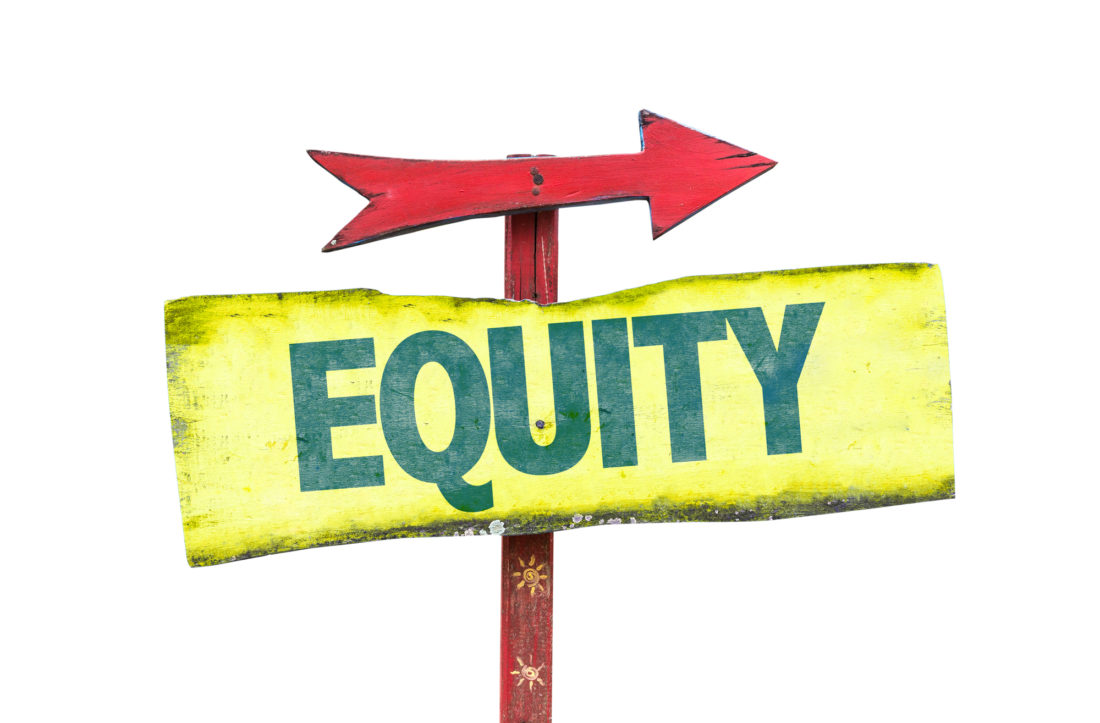
CA: Equity Programs get a Boost: Last week was a big one in terms of California’s social equity programs, with the Bureau of Cannabis Control (BCC) announcing its award of equity grant funding to a number of local jurisdictions “to be used for commercial cannabis equity programs that focus on inclusion and support of persons or communities that were negatively or disproportionately impacted by cannabis criminalization.” The funds are intended to be used by cities and counties to provide assistance and services to equity applicants and equity licensees.
On October 9th, the BCC awarded $10 million in equity grant funding to the following jurisdictions:
- City of Los Angeles ($1,834,156.38)
- City of Oakland ($1,657,201.65)
- County of Humboldt ($1,338,683.13)
- City & County of San Francisco ($1,338,683.13)
- City of Sacramento ($1,197,119.34)
- City of Long Beach ($913,991.77)
- City of San Jose ($560,082.30)
- County of Santa Cruz ($560,082.30)
- City of Coachella ($500,000.00)
- City of Palm Springs ($100,000.00)
This funding was authorized by the California Cannabis Equity Act of 2018 (Senate Bill 1294) and the Budget Act of 2019. The hope is that these additional funds will help local jurisdictions with implementation of equity programs that have struggled due to lack of funding and under-staffing.
In addition to the BCC’s announcement of its financial support of these equity programs, companies Eaze and Vangst also announced their plans to implement equity initiatives. Eaze’s program, called Momentum, is a “cannabis business accelerator” that will select ten applicants to partake in a ten-week education program. Each selected applicant will receive a $50k grant toward their business. Eaze’s Director of Social Impact, Jen Lujan, has stated that the purpose of the program is to support underrepresented individuals, including people of color, women, the LGBTQ community, and anyone incarcerated or negatively impacted by cannabis prohibition, within the marijuana industry. Eaze will grant applicant’s access to their business resources, including HR, legal, and marketing, via more than 40 volunteer employees.
Recruiting company Vangst also recently began a social equity program in order to facilitate the hiring of qualified equity candidates in the cannabis industry. According to Vangst, its “Social Equity Initiative focuses on making employment opportunities more accessible. We work with the biggest and most well known cannabis brands in the country, and together, we will lower the barriers to entry in this burgeoning industry.”
For those unfamiliar with the social equity programs being implemented by some cities and counties not just in California, but across the nation, the concept is to encourage equitable participate in the cannabis industry and to foster business opportunities for individuals who have been negatively impacted by the War on Drugs. Here in San Francisco, for example, Equity Applicants do not have to pay the $5,000 permit fee required of other license applicants, and can benefit from incubator partnerships with established companies that provide rent-free space for three years, or other technical assistance in running their businesses.
In order to qualify as an Equity Applicant in San Francisco, an individual must:
- apply as a person, not a company.
- have net assets below established limits for each household. This means you will not qualify as an Equity Applicant if your 1-person household has net assets over $193,500. Asset limits for larger households can be found here: Equity verification requirements.
- be one of the following:
- the business owner;
- own at least 40% of the business and be the CEO;
- own at least 51% of the business;
- a board member of a non-profit cannabis business where most of the board also qualify as Equity Applicants; or
- an individual with a membership interest in a cannabis business formed as a cooperative.
In many cases, partnering with or incubating an Equity Applicant is the only means by which companies can currently apply for and receive licenses in some jurisdictions. Most cities have given priority to equity participants, and many have not even indicated when they will begin accepting non-equity applications from the general public.
Given the struggles we’ve witnessed in many jurisdictions to effectively and efficiently implement their social equity programs, we’re hopeful that additional state funding will be beneficial, and we are pleased to see large companies stepping in to provide some assistance. In all, we hope this will be the small beginning of a growing trend to address some of the many social justice issues created by marijuana prohibition and the War on Drugs.